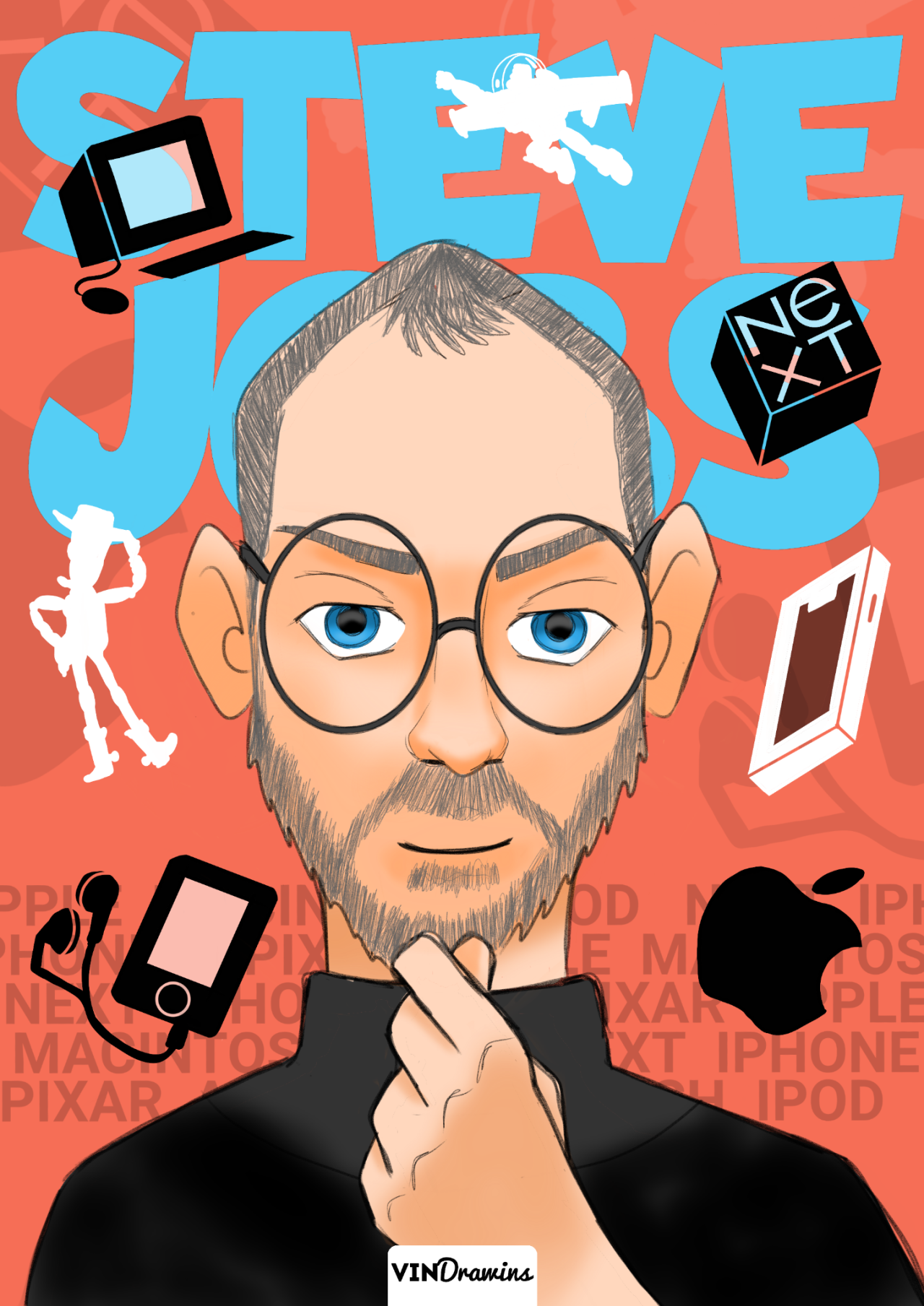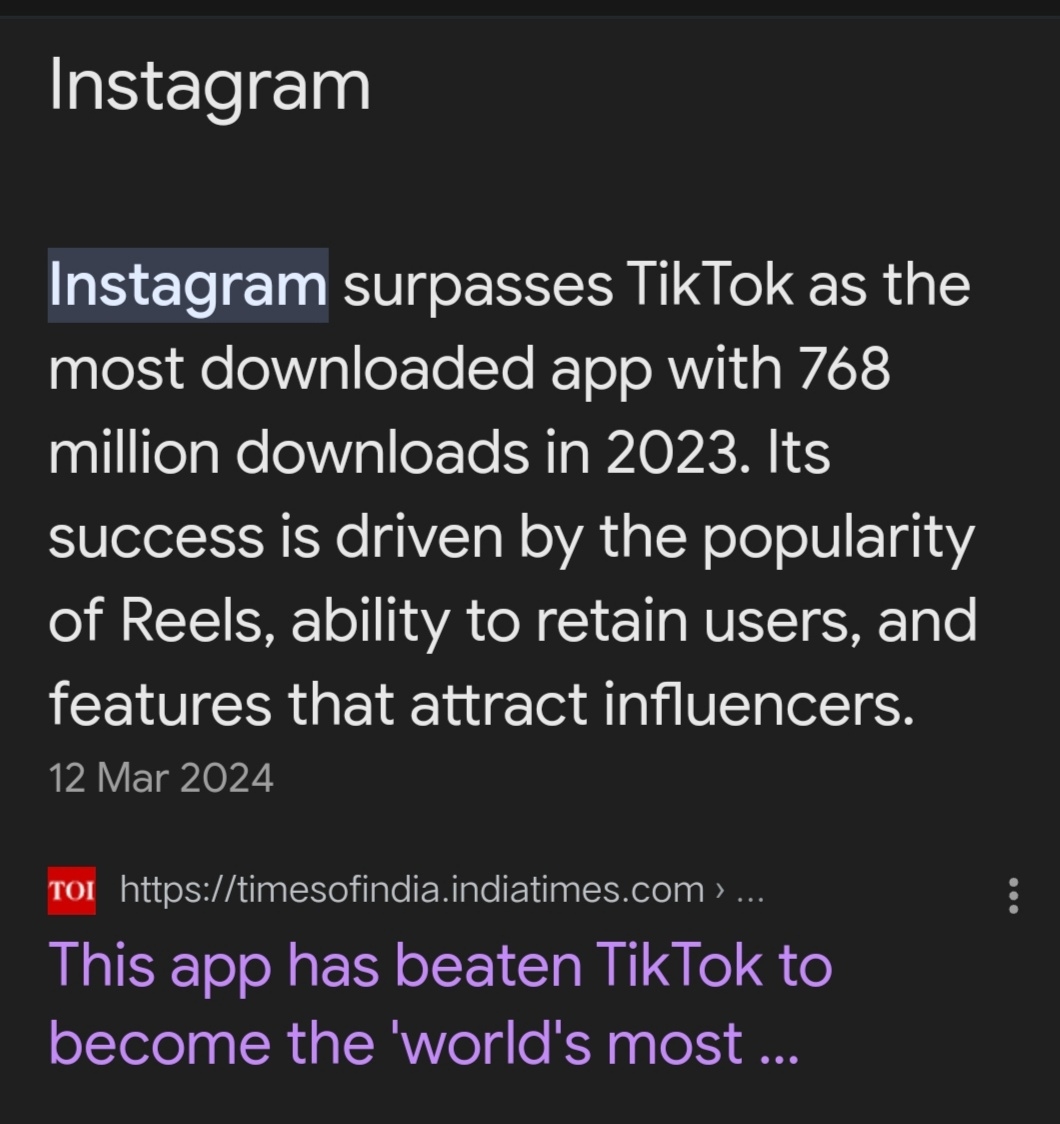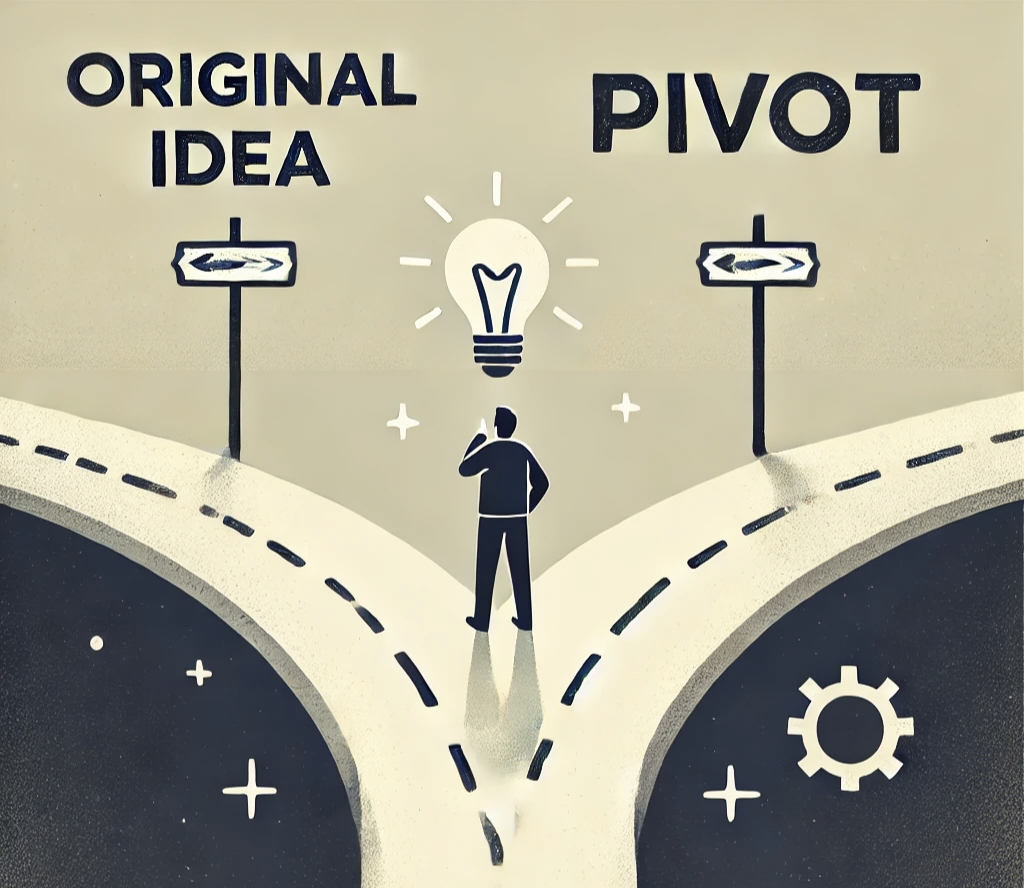Back
The next billionaire
Unfiltered and real ... • 4m
Chamath Palihapitiya on the growth principles that got Facebook to billions of users “The most important thing we did was I teased out virality, and said, ‘You cannot do it. Don’t talk about it. Don’t touch it. I don’t want you to give me any product plans that revolve around this idea of virality. I don’t want to hear it.” Instead, Chamath urged the growth team at Facebook to focus on “the three most difficult and hard problems that any consumer product has to deal with”: 1. How do you get people in the front door? 2. How do you get them to an aha moment as quickly as possible? 3. How do you deliver core product value as often as possible? Chamath warns that focusing on virality is why you see so many startups experience this amazingly steep rise and then fall off a cliff. The second thing he set out to do at Facebook was invalidate all of the lore: “In any given product, there’s always people who strut out around the office like, ‘I have this gut feeling.’ It’s all about gut feeling. And most people’s gut feelings are morons. They don’t know what they’re talking about. Gut feel is not useful because most people can’t predict correctly. We know this. So one of the most important things that we did was just invalidate all of the lore… You can’t believe your own BS. Because when you do, you start to compound these massively structural mistakes that don’t expose core product value… You don’t listen to customers because you think it’s all about your gut. You don’t bother doing any of the traditional, straightforward, obvious things, and you lose yourself.” As Chamath explains, a maniacal focus on delivering core product value as frequently and fast as possible is what led Facebook to its most important realization: “The single biggest thing we realized was to get any individual to 7 friends in 10 days. That was it… There was not much more complexity than that. There’s an entire team now of hundreds of people that have helped ramp this product to a billion users, based on that one simple rule — a very elegant statement of what it was to capture core product value… And then what we did at the company was talk about nothing else. Every Q&A. Every all-hands… It was the single, sole focus.” He continues: “You have to work backwards from: What is the thing that people are here to do? What is the ‘aha moment’ that they want? Why can I not give that to them as fast as possible? That’s how you win.” Chamath recommends starting with a cohort of your most engaged users — What features are they using? What pathways in your product did they take? Then work backwards and try to get all of your other users to that same state.
More like this
Recommendations from Medial
Sameer ahmed
Founder & CEO of Hyg... • 6m
The Startup Lie No One Talks About I used to believe that the best product wins. That if I built something truly innovative, people would come. That execution alone would separate me from the noise. I was wrong. Startups don’t fail because of bad
See MoreAnonymous
Hey I am on Medial • 1y
It's better to make crappy product at start which is not perfect doesn't looks that good because you can always iterate and become better but most people prefer perfect products and do months of work and when they launch they get to know that know th
See MoreDownload the medial app to read full posts, comements and news.





































